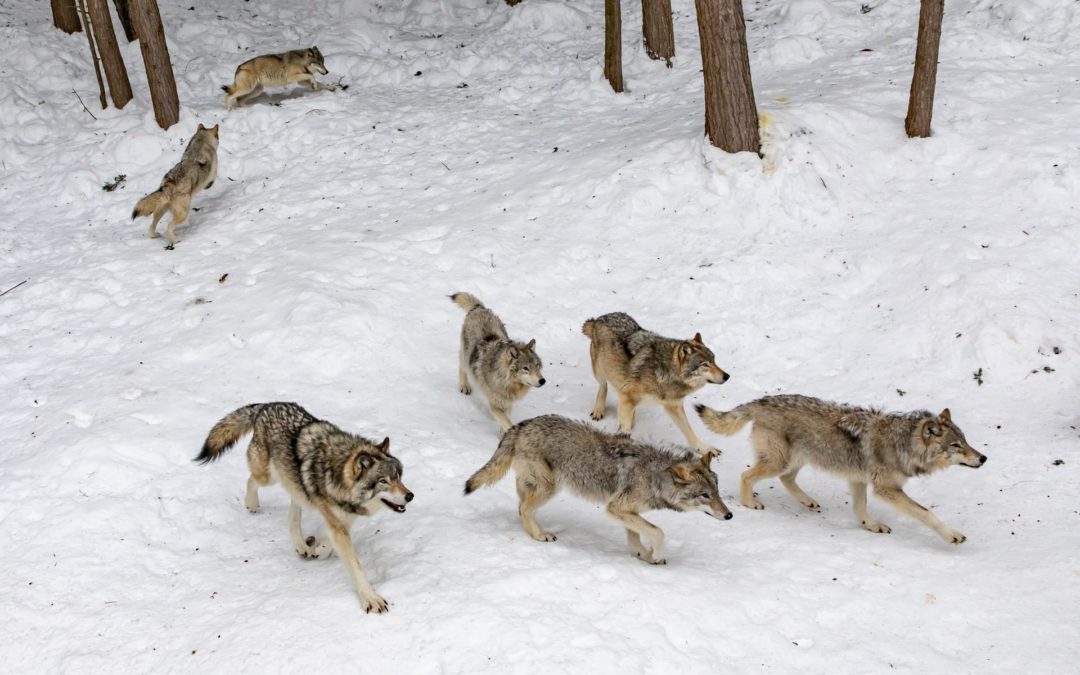Our OneNature family is thrilled to announce that Founder and President Beth Allgood will be representing our organization at the annual Jackson Wild Summit next week. The theme for this year’s summit is “Rewilding” and Beth will be moderating a session focused on community-driven conservation. She will be joined by Edwin Tambara of the African Wildlife Foundation, Anna Rathmann of the Jane Goodall Institute, Willow Kipp of the Iinnii Initiative, and Whitney Beer-Kerr of Wild Elements Studios.
Community-driven conservation is the cornerstone of OneNature’s mission and vision. Our research model is based on understanding and supporting the well-being of local communities in order to ensure that their values and voices are central to long-term, sustainable conservation outcomes and benefit-sharing. Only by centering the conservation dialogue in local communities can we attain a future where humans coexist harmoniously with wildlife. Next week’s summit will mark 30 years since the founding of Jackson Wild. In that time, the Jackson Wild organization has facilitated interdisciplinary dialogue through storytelling for the purpose of writing a new, more hopeful future for our planet and all the creatures on it.
The theme of “Rewilding” may spark some spirited conversations among many passionate voices within the conservation community. Rewilding has a history of controversy, both in its practice and its terminology. Although the concept of rewilding wasn’t popularized until the last decade, it has been around since the early 90s. When the term was first coined, it was built upon the three Cs: Core protected areas, Carnivores (with an emphasis on larger mammals), and Connection between habitats. The underlying goal of rewilding is to restore ecosystems that have been disrupted or destroyed by human activity. If you try to find a more specific definition than that, however, you will likely come across several ways the term has been used at different times and in different places over the years. If left unresolved, the lack of scientific consensus on the terminology and its implications could make it more difficult for lawmakers to develop rewilding policies and regulations in the years to come.
Controversy surrounding the practice of rewilding usually comes up when there are discussions about reintroducing large predators to a region, especially when there are farmers with livestock in the vicinity. It’s understandable why people might be concerned at the idea, especially if they lack the information and resources required to avoid conflict with local wildlife. Such situations are exactly why community-driven conservation is key. When local communities, and family farmers in particular, have a deep understanding of why healthy ecosystems are essential to everything from soil richness to climate change mitigation, as well as how their connection with wildlife and nature can increase their overall well-being, they are much more likely to embrace conservation initiatives rather than fight against them.
If done in a safe and responsible way that considers the needs of the local community, rewilding can produce dramatically effective results for restoring ecosystems and biodiversity. One of the most famous rewilding success stories is that of the wolves in Yellowstone National Park. Wolves had been intentionally eradicated from Yellowstone by park officials in the 1920s. As a result, coyotes and elk became invasive while birds, beavers, fish, and other animals suffered severe declines in population. The ecosystem was thrown completely out of balance. To correct their mistake, representatives from Yellowstone and Jasper National Park in Canada collaborated in 1995 in a landmark rewilding effort where they captured 14 wild wolves and relocated them. Over 25 years later, the positive results are undeniable. The population ratios of wildlife in Yellowstone have been restored to their appropriate numbers, and most of the wolves in the park have lineage tracing back to one of those original 14 wolves.
If you are interested in learning more about rewilding, we encourage you to register for the 2021 Jackson Wild Summit. You will have the pleasure of hearing from your choice of 54 visionary speakers across a variety of panels, including the legendary Dr. Jane Goodall, DBE. And of course, you won’t want to miss Beth’s session titled, “Rewilding: Community-driven Conservation,” which will take place on September 28th at 9:30 AM. See you there!
Photo credit: Eva Blue via Unsplash
